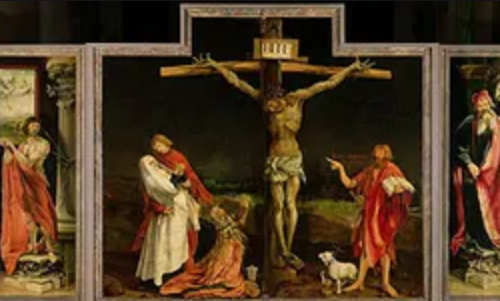Guest post by Karl Pfeifer
Because every morning I read the government newspaper Magyar Idök, Hungarian friends asked me if I am a masochist.
No, I am no masochist, my blood pressure is very low and without drinking an espresso without pills, my blood pressure becomes normal by reading this Budapest daily.
Their scribblers try to convince readers that George Soros is the man responsible for the more than a million migrants who came during the last two years to Europe, and that the Central European University (CEU) is a school for agents.
According to recent opinion research, only 22% of Hungarians sampled had not heard of the university and only 14% support the government’s plan to close it down. A sizable majority (63%) are against the government’s anti-CEU campaign.
What is the real reason for Prime Minister Orbán’s hatred of CEU? It is the spirit of a liberal university, where scientists show the real nature of Orbán’s autocratic regime.
CEU Press published in 2016 an excellent book by former Hungarian minister of education Bálint Magyar: Post-Communist Mafia State: the Case of Hungary. Kim Lane Scheppele, Laurance S. Rockfeller Professor of Sociology and International Affairs, Princeton University has written a Foreword from which I quote:
Those curious about the Hungarian democratic implosion have an excellent guide in Bálint Magyar. With the theoretical sophistication of an academic analyst but with the hands-on- experience of someone who has been an important player in Hungary politics for the last several decades, The Post-Communist Mafia State is the best analysis yet of the deep reasons why Hungarian constitutional democracy fell apart so fast. It explains what happened in Hungary but it does far more that this: Magyar gives us the tools to understand a new sort of political formation – the post-communist mafia state…
What can be done? Of course, the answer to democratic failure should lie with democratic organization. In most democracies, when there is a breakdown, a democratic population can rise up and reassert its own self-governing powers. But when a country is no longer a democracy except as a façade without content and when it would be impossible for the people to displace this government and substitute a new one because there are too many mechanisms in place that would punish anyone for trying, then democratic hopes are not enough…
The failure of a democratic state should be a cause for concern in the international community, especially when anti-liberalism is spreading and new autocrats are looking for models.
The actions of the post-communist mafia state are closely aligned with the interests of power and wealth concentrated in the hands of a small group of insiders. While the traditional mafia channeled wealth and economic players into its spheres of influence by means of direct coercion, the mafia state does the same by means of parliamentary legislation, legal prosecution, tax authority, police forces and secret service. The innovative conceptual framework of the book is important and timely not only for Hungary, but for other post-communist countries subjected to autocratic rulers.


